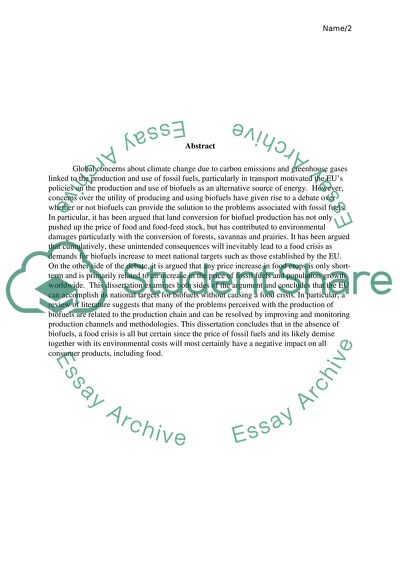Cite this document
(“The food v. fuel debate: is it possible for EU regulation to set Essay”, n.d.)
Retrieved from https://studentshare.org/law/1490510-the-food-v-fuel-debate-is-it-possible-for-eu
Retrieved from https://studentshare.org/law/1490510-the-food-v-fuel-debate-is-it-possible-for-eu
(The Food V. Fuel Debate: Is It Possible for EU Regulation to Set Essay)
https://studentshare.org/law/1490510-the-food-v-fuel-debate-is-it-possible-for-eu.
https://studentshare.org/law/1490510-the-food-v-fuel-debate-is-it-possible-for-eu.
“The Food V. Fuel Debate: Is It Possible for EU Regulation to Set Essay”, n.d. https://studentshare.org/law/1490510-the-food-v-fuel-debate-is-it-possible-for-eu.


